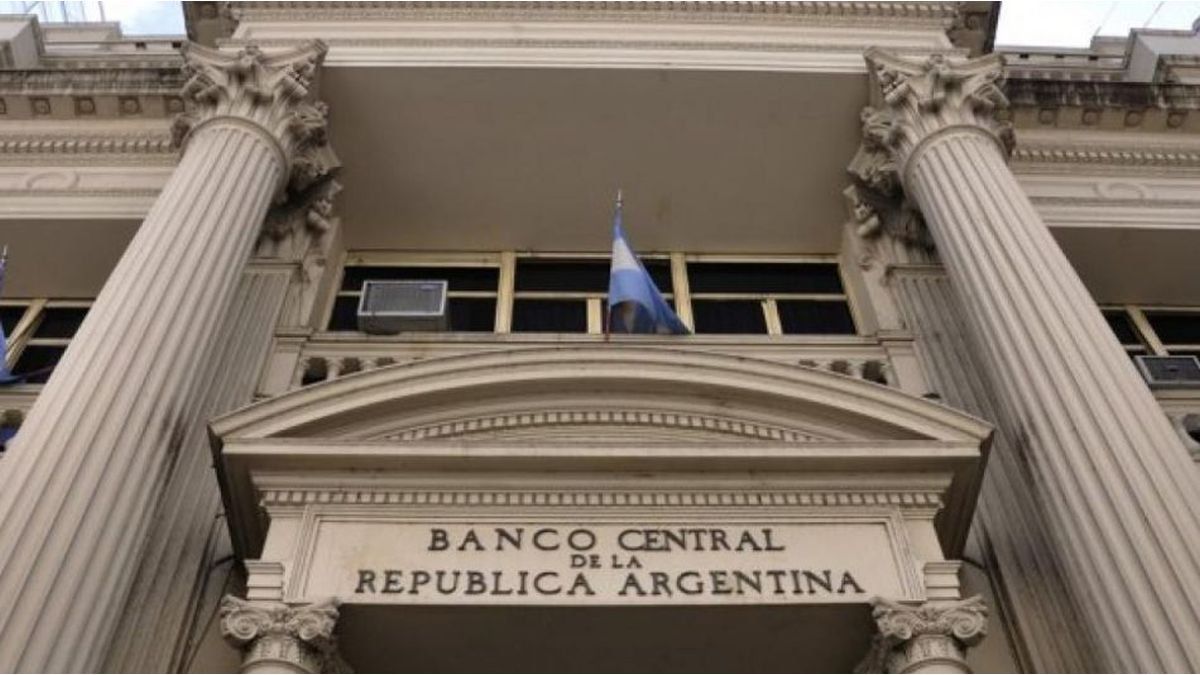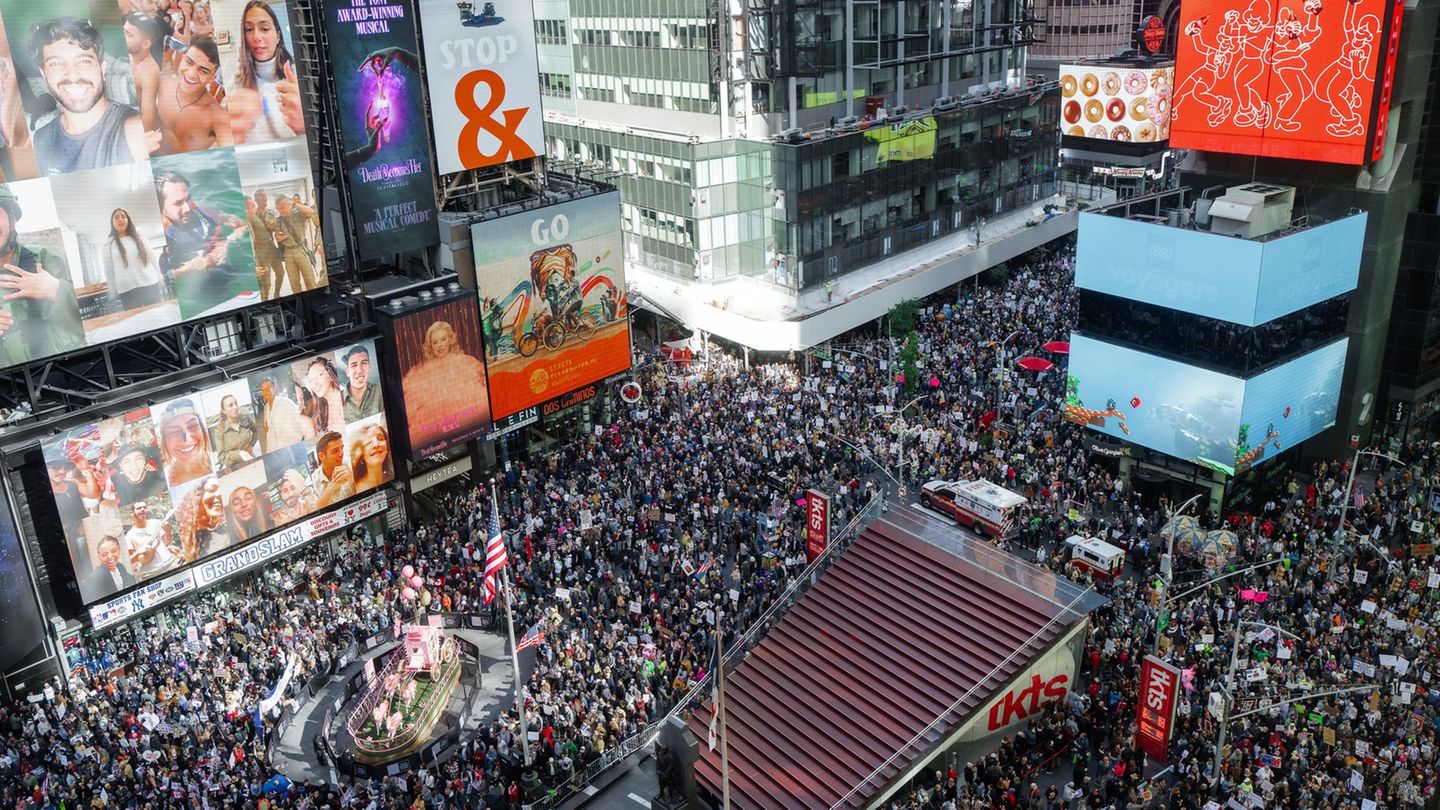The reduced reserves of the central bank of Argentina (BCRA), high inflation, a strong fiscal deficit and a harsh drought that hits exports are the main condiments that must be overcome in a complicated electoral year, with internal tensions in the main parties. Analysts give their opinion on the future of the economy at a time when the Government continues to renegotiate with the International Monetary Fund (IMF) economic goals on a US$44 billion loan granted to the country a year ago.
The Government implemented this month a special exchange rate to encourage exports of soybeans and other regional products, in an attempt to recover BCRA reserves, at a time when retail prices rose 7.7% in March, which projects an inflationary escalation above 100% for this year.
“The overheating of prices leaves the BCRA with the need to accelerate the devaluation of the official exchange rate and probably also raise interest rates if we take into account that inflation in April would be close to 7%“, estimated Delphos Investment.
“In this scenario, we raise our inflation estimate for December to around 120% year-on-year, with clear upward risks due to electoral uncertainty and the lack of a stabilization plan,” he said.
“Inflation of 7.7% (in March) is a surprise. Especially in the food sector. Clearly, there were seasonal factors tied to education, but we already knew that. food surprised“said the economist Fausto Spotorno.
“Right now the anchor of the economy is that you have an agreement with the Fund that will give you some resources to pay it. If you cut the Fund, it means that there is no one between now and December who is monitoring the program that have two fingers of a brain with economic knowledge,” economist Juan Luis Bour commented in radio statements.
“Since there is no political plan for how to get there (to the elections), the plan is ‘let’s hold on with the Fund’ and that is above other objectives. If inflation is going to be between 6% and 8%, that means that you are going to have to resign other objectives, such as salary income and retirement“, he estimated.
“The current difficult financial situation does not require new sophisticated instruments to venture into high-risk situations within a very dangerous general picture that has not yet bottomed out,” said VatNet Financial Research.
Pressure to speed up the crawling peg
“7.7% inflation in March adds pressure to the BCRA and determines a new nominal value, where no option is easy. Doing nothing implies that the exchange rate appreciates, making it difficult to accumulate reserves”said Fundcorp economist Roberto Geretto.
“If devaluation is accelerated to avoid exchange rate appreciation, inflation is fed back. And if interest rates rise, the Leliqs ball continues to expand, where in the current context it is of little use to lower inflation,” he explained.
That “the BCRA increases the monetary policy rate, if it wants to continue in line with the latest recommendations of the IMF to maintain a positive rate in real terms”, affirmed the consultancy ACM.
“Although the 2029 and 2030 sovereign bonds look attractive and may offer a higher total return, we believe that it is difficult for these bonds to reach price levels above $50, considering that they are assets that have been trading for parity”.
“We believe that they will not reach parity until Argentina restores its capacity to accumulate reserves”recommended Javier Casabal, from Adcap Grupo Financiero.
The effect of the agricultural dollar
“Rather than increasing exports from regional economies, the announced program seems destined to prevent them from falling. The exchange rate delay was having a full impact on this segment, since international prices have not favored it in the last two years, as it did with the products linked to the Pampas region”, said Fundación Mediterránea.
“Apart from the weather problems and the high exchange gap, we must consider the sharp increase in costs in dollars relevant to regional economies, in the case of logistics and fertilizers”he pointed.
“Widening currency and currency imbalances, tight import controls and fiscal and financial challenges amid an increasingly severe drought add upward pressure on already high inflation,” said a report by JP Morgan bank.
“The negotiation (with the IMF) this year is based on two basic principles. They already gave us the money (money) and they know that we will never pay them with Argentine efforts. We are facing creative accounting and nothing to do with politics economy,” said economist Juan Carlos de Pablo.
Source: Ambito
I am a 24-year-old writer and journalist who has been working in the news industry for the past two years. I write primarily about market news, so if you’re looking for insights into what’s going on in the stock market or economic indicators, you’ve come to the right place. I also dabble in writing articles on lifestyle trends and pop culture news.




